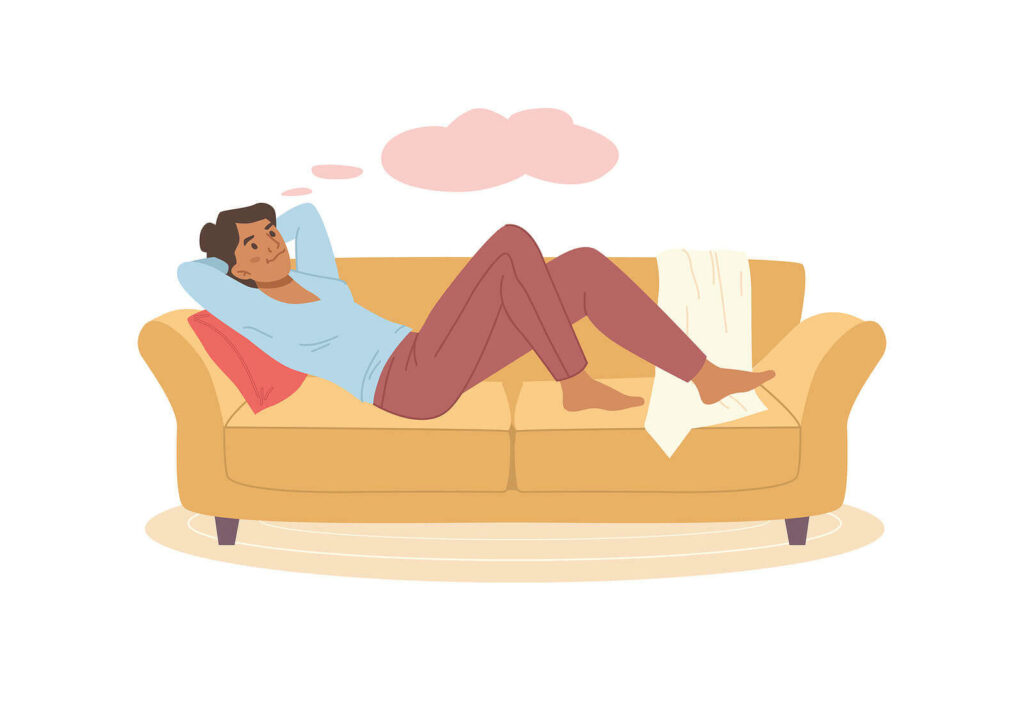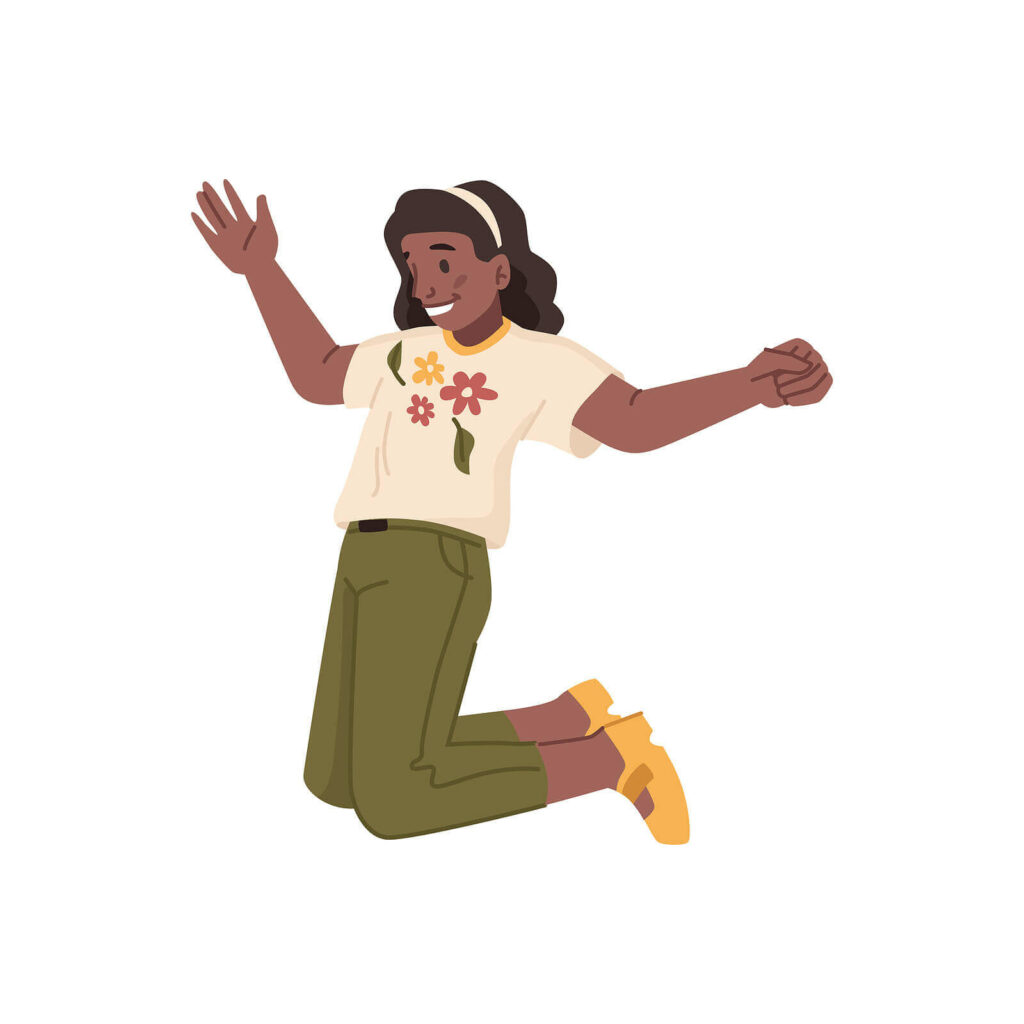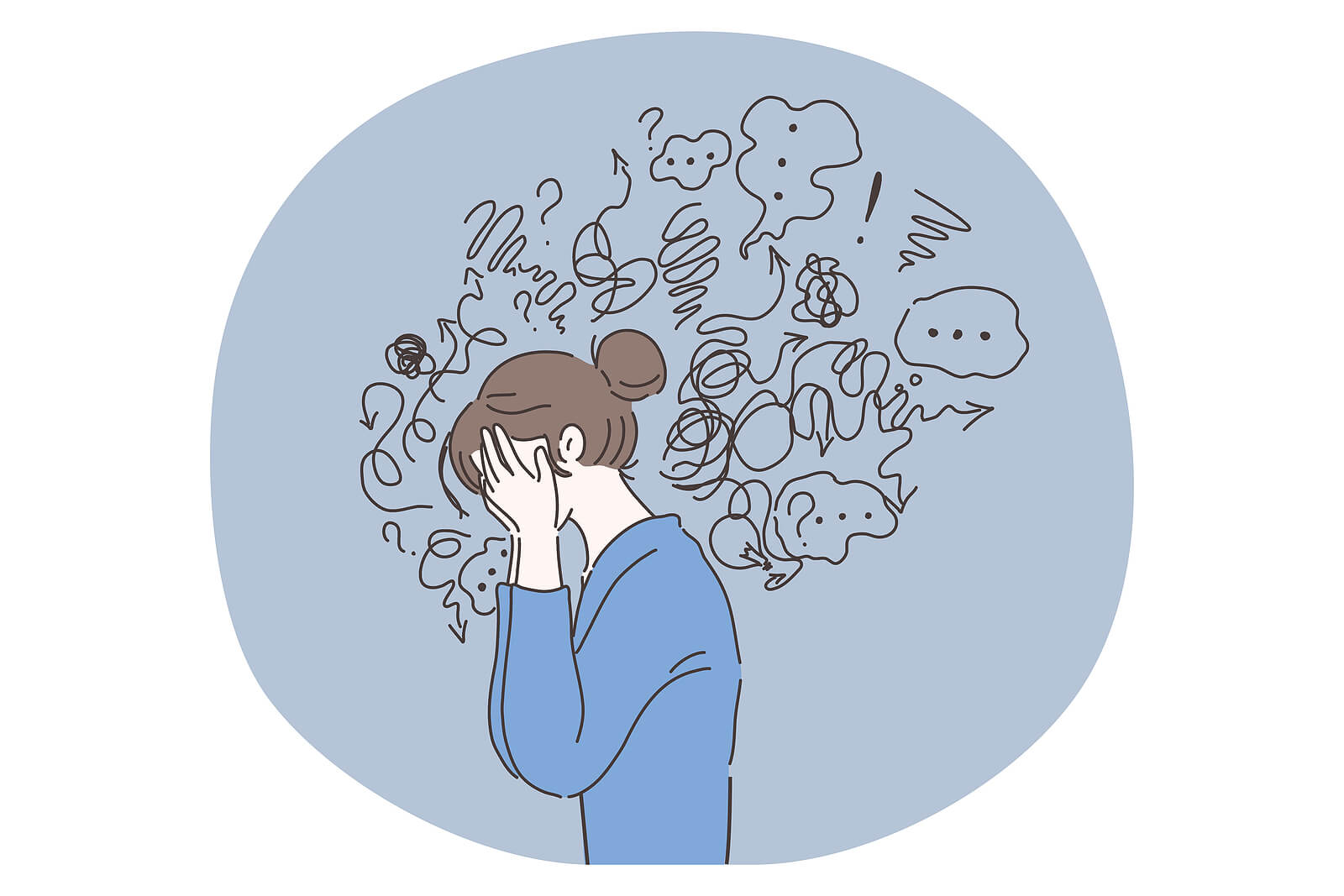
Emotions, emotions emotions. Many people have a love-hate relationship with their emotions especially, intense emotions. Are you someone who struggles with intense emotions or feels stuck in difficult situations? Well, DBT, or dialectical behavior therapy, might just be the tool you need to help you manage those emotions and behaviors. DBT is all about taking an active role in your own mental health and well-being. The framework emphasizes that we don’t cause all of our problems, but we are responsible for managing our reactions to those problems. And that’s where practical skills come in. DBT skills are usually taught in a DBT skills group but it can also be taught during 1 on 1 skills training with a therapist.
What Are DBT Skills?
These skills are divided into several categories. This includes mindfulness, distress tolerance, emotion regulation, and interpersonal effectiveness. They’re designed to help you stay present in the moment, cope with intense emotions, identify and change negative thought patterns and behaviors, and communicate effectively with others.
Now, I know what you might be thinking. “Okay, that all sounds great, but how can I actually use these skills in my daily life?”. Well, the first step is to identify situations where you tend to struggle with your emotions or behaviors. For example, if you get really anxious when you have to speak in public, you might try using a distress tolerance skill like deep breathing to help you cope with the situation. But don’t just wait for those difficult situations to arise. You can also practice these skills regularly, even when things go well. The goal of DBT skills is for the skills to be generalized! That means they are used regularly when problems arise. For example, you might try practicing mindfulness meditation every day to help you develop a habit of staying present in the moment.

It’s important to remember that DBT is a collaborative process between you and your DBT therapist. A DBT therapist in Charlotte, NC can help you identify which skills are most relevant to your specific situation. They can also provide guidance and support as you learn and practice those skills.
Benefits of DBT Skills
So, what are some of the benefits of using DBT skills? Well, for starters, you can develop a greater sense of control over your life. You can learn how to manage your emotions and behaviors in a healthy way, rather than feeling like they’re controlling you. You can also build healthier relationships with others by learning how to communicate effectively and assert your needs and boundaries.
In summary, DBT is a valuable tool for anyone who wants to take control of their mental health and well-being. By learning and practicing practical skills in mindfulness, distress tolerance, emotion regulation, and interpersonal effectiveness, you can develop a greater sense of control over your life and build healthier relationships with others. Remember, it’s important to be patient with yourself as you learn and practice these skills. Change doesn’t happen overnight, and it’s okay if you make mistakes along the way. What’s important is that you’re taking an active role in your own mental health and well-being. And don’t forget, DBT isn’t just for people with a diagnosed mental illness. Anyone can benefit from learning these skills, regardless of their background or experiences.

So if you’re someone who wants to feel more in control of your emotions and behaviors, or build stronger relationships with others, DBT might just be the tool you need. So why not give it a try? You might just be surprised at how much it can help!
Begin DBT Therapy in Charlotte, NC Today
Feeling overwhelmed by intense emotions or stuck in challenging situations? DBT can help you regain control and find balance. Imagine having practical tools at your fingertips for handling stress, managing emotions, and improving your relationships. DBT helps you stay present, cope with difficulties, and communicate effectively, all while offering a sense of empowerment over your own mental well-being. Follow the steps below to get started with Kind Mind:
- Contact us here.
- Learn more about DBT skills by exploring our blogs.
- Use your DBT skills as a tool kit for when emotions and hard feelings arise.
Other Services We Offer in Charlotte, NC
In addition to DBT therapy, we offer group therapy that creates a welcoming space where you can connect with others, share experiences, and feel empowered as part of a supportive community. For those within the LGBTQIA+ community, our LGBTQIA+ therapy is a compassionate and affirming space where you can explore your identity and celebrate who you are. We also offer couples therapy, helping partners strengthen their bond. If you’re seeking to heal from past trauma, our specialized EMDR therapy and Internal Family Systems (IFS) therapy are designed to guide you toward lasting healing and emotional resilience. Whatever you’re facing, we’re here to help you thrive.

